February 5, 2025 | 07:50 GMT +7
February 5, 2025 | 07:50 GMT +7
Hotline: 0913.378.918
February 5, 2025 | 07:50 GMT +7
Hotline: 0913.378.918
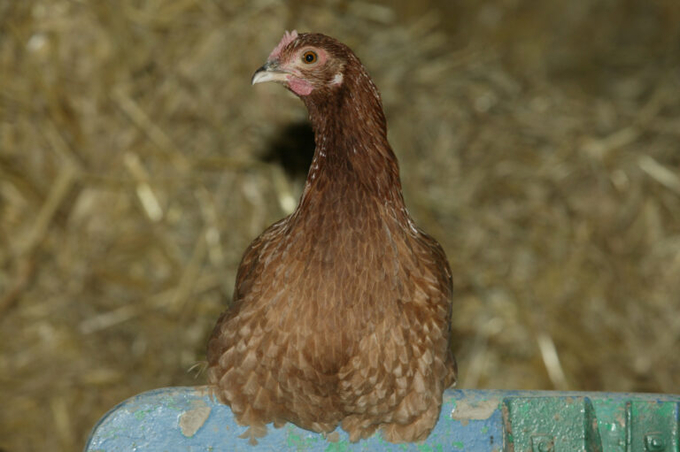
Various amendments and clarifications have been made to the the RSPCA’s Welfare Standards for Laying hens. Photo: Henk Riswick.
Earlier this year, RSPCA Assured announced it would be pausing the implementation date of the new standards to allow it more time to provide tailored support for members.
It has now said that the strength of feeling and feedback from farmers has led to a number of amendments and clarifications to the standards.
Kelly Grellier, RSPCA Assured’s chief commercial officer, said the strength and scale of feeling and feedback on the original proposed standards had been unprecedented: “Our members are fundamental in helping us improve hen welfare and we have listened and taken action. We’ve made a number of amendments and clarifications to the standards. We hope these amendments will alleviate concerns and provide greater support to our members so they can achieve the new standards.”
These amendments include:
Gary Ford, head of strategy and producer engagement for the British Free Range Egg Producers Association (BFREPA), said negotiations over the past 12 months with industry representatives had led to various changes taking place: “The most significant single source of contention is still the natural daylight standards, which is due to come into force in May 2032 after being delayed. The industry, frustrated by the RSPCA Assured not agreeing to the need for UK-based commercial research to better understand the welfare impact of natural daylight on laying hens, recently decided to press ahead with commissioning this research.”
Further meetings are due to take place over the coming few weeks.
(Poultryworld)

(VAN) In 2017, China initiated the World Shiology Forum, which played a significant role in uniting global scholars and leading the development of this discipline.
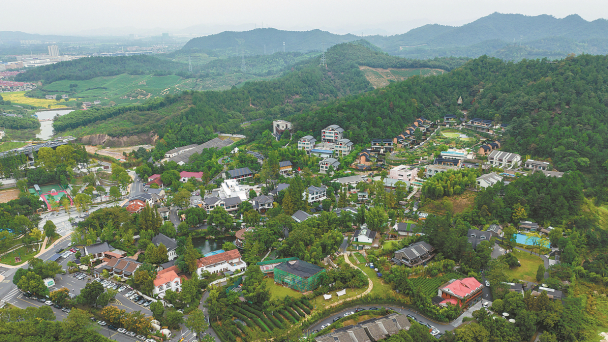
(VAN) A rural revitalization plan recently introduced by the central authorities shows China's firm determination to hasten rural development.

(VAN) The Scheme on Founding and Developing a Carbon Market in Vietnam has been approved by the Prime Minister in Decision No. 232, and the implementation has been divided into three stages.
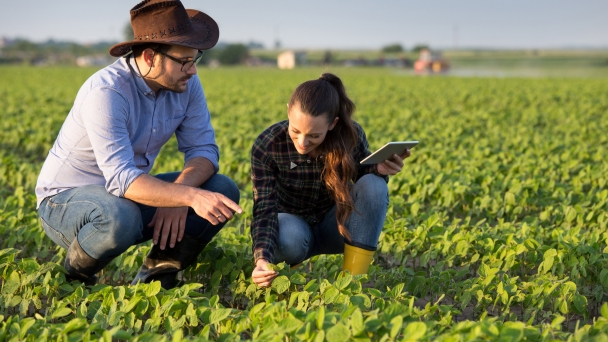
(VAN) President Donald Trump signed several executive orders this week tied to immigration and imposing tariffs on China, Canada and Mexico in a move some economists say could impact our economy and necessary industries.
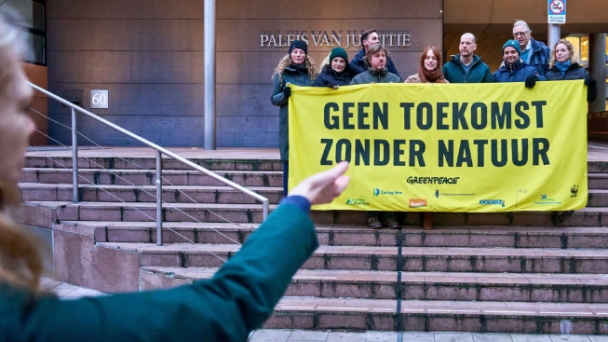
(VAN) Greenpeace’s victory means that PM Dick Schoof must achieve emission-reduction targets by 2030 or face the penalty.
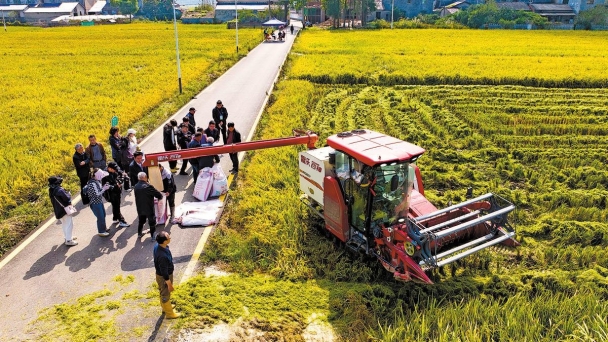
(VAN) Hunan's total grain output reached 30.78 million metric tons last year, setting a new five-year record, Mao said during the ongoing third session of the 14th People's Congress of Hunan province.
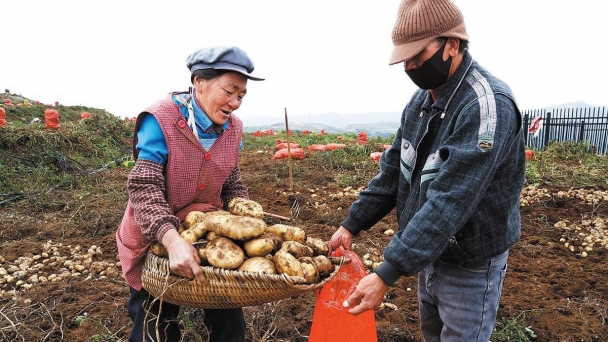
(VAN) 'Potato-turned-rice', a rice-shaped starch product made from potatoes using a new processing technology, is undergoing initial production and sales tests in Yunnan province.